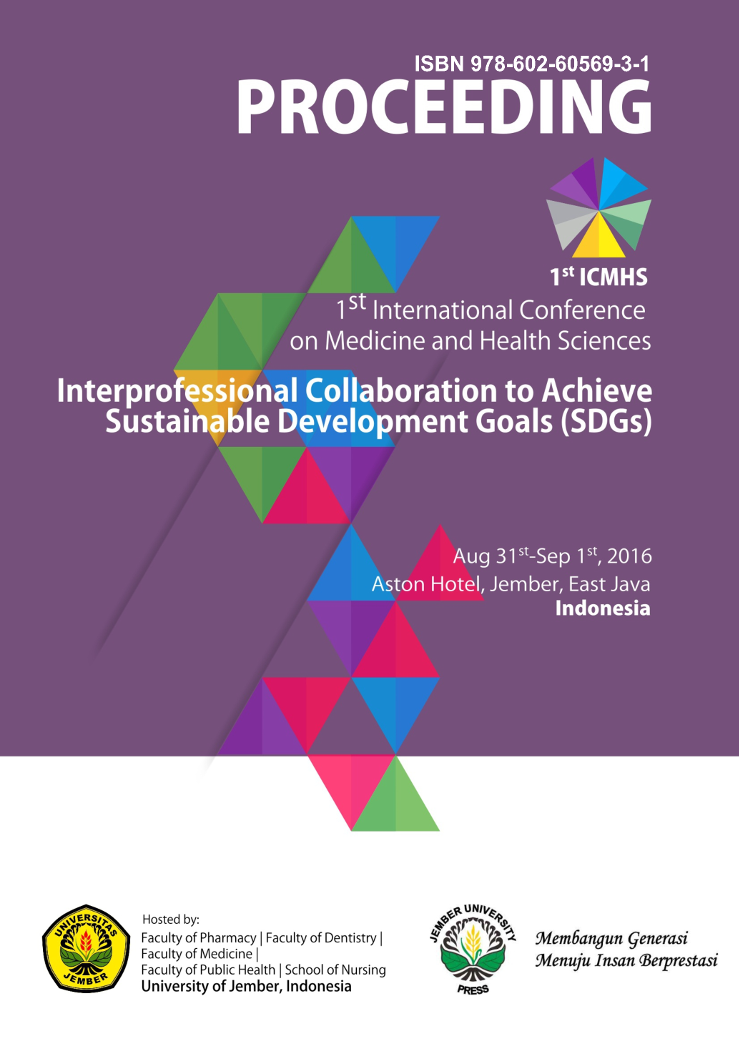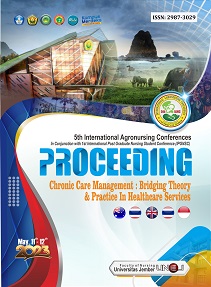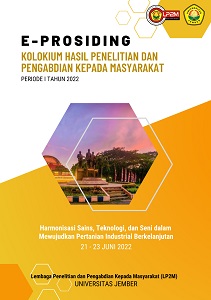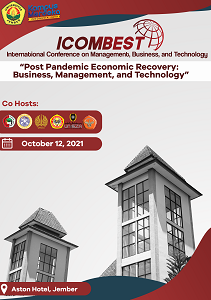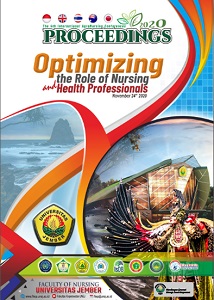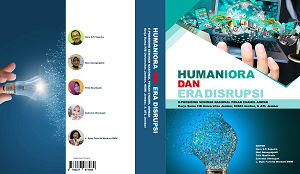COMMUNITY PHARMACISTS’ COUNSELLING SKILLS ON OVER-THE-COUNTER (OTC) MEDICATIONS
Abstract
Patient counseling is a responsibility of a pharmacist,more so, for a community pharmacist. It has always
been attached to the roles and responsibilities of a
pharmacist. Patient counselling is a growing
demand by patients who purchase medications in
pharmacies. In Cebu City, patient counselling has
been observed to be rare to none by patients which
can be attributed to many reasons. In a study, Issues
and Concerns on Utilization of the Pharmacy
Workforce in the Philippines by Loquias and Robles
(2012), the researchers found that pharmacists in
the community setting are hard to fill positions.
Pharmacy owners hire even those who have no
plans to stay. Due to the fast turnover of
pharmacists, training and development has become
more costly for owners. This could mean
unavailability of pharmacists in the drugstore at
certain times of the year to provide counseling
service. The community pharmacists are expected to
do managerial tasks such as purchasing and
inventory, sales monitoring, and even personnel
supervision which takes up most of the shift hours of
the pharmacists. Patient counseling takes a
backseat and is only provided when patients asks for
it. In a study on Assessment of Community
Pharmacists Willingness and Barriers of Medication
Therapy Management (MTM) Focused on Pain
Management and Mental Health by Keller, et al.
(2014), community pharmacists strongly agreed that
they will benefit from additional training on pain and
depression medication management. This is the
expressed concern community pharmacists in the
United States of America who have a Doctor of
Pharmacy (PharmD) degree and adequate training to
manage patients. The Pharmacy degree in the
Philippines is mostly Bachelor of Science in
Pharmacy and is a 4-year program versus the 6-year
program of PharmD. Ramanath et al. (2011) looked
into the effect of a training module in improving
patient counselling in the study. The researchers
found significant difference in the pre-post test
scores of the pharmacists who participated in the
training module. Participants also expressed the
need for more of such training in order to gain
confidence in patient counselling. The researchers
are looking at the need to retool community
pharmacists so that they can be confident to counsel
patients, especially those who are buying over-thecounter
(OTC) medications. These are accessible to
patients without prescription. In a prospective longterm
multi-centre study performed by Schmeidl, et
al. (2014) on self-medication with over-the-counter
and prescribed drugs causing adverse-drug-reactions
related to hospital admissions, it showed that while
self-medication does not really cause adverse drug
reaction that leads to hospitalisation, the elderly
patients, and those receiving interacting prescribed
drugs may benefit with information from the
community pharmacists. The commonly seen
adverse drug reactions are gastrointestinal
complaints caused by NSAIDs.
Published
2017-01-27
How to Cite
TAN, Elizabeth Yu; PRATAMA, Antonius Nugraha Widhi.
COMMUNITY PHARMACISTS’ COUNSELLING SKILLS ON OVER-THE-COUNTER (OTC) MEDICATIONS.
UNEJ e-Proceeding, [S.l.], p. 2-5, jan. 2017.
Available at: <https://jurnal.unej.ac.id/index.php/prosiding/article/view/3873>. Date accessed: 24 apr. 2024.
Section
General

